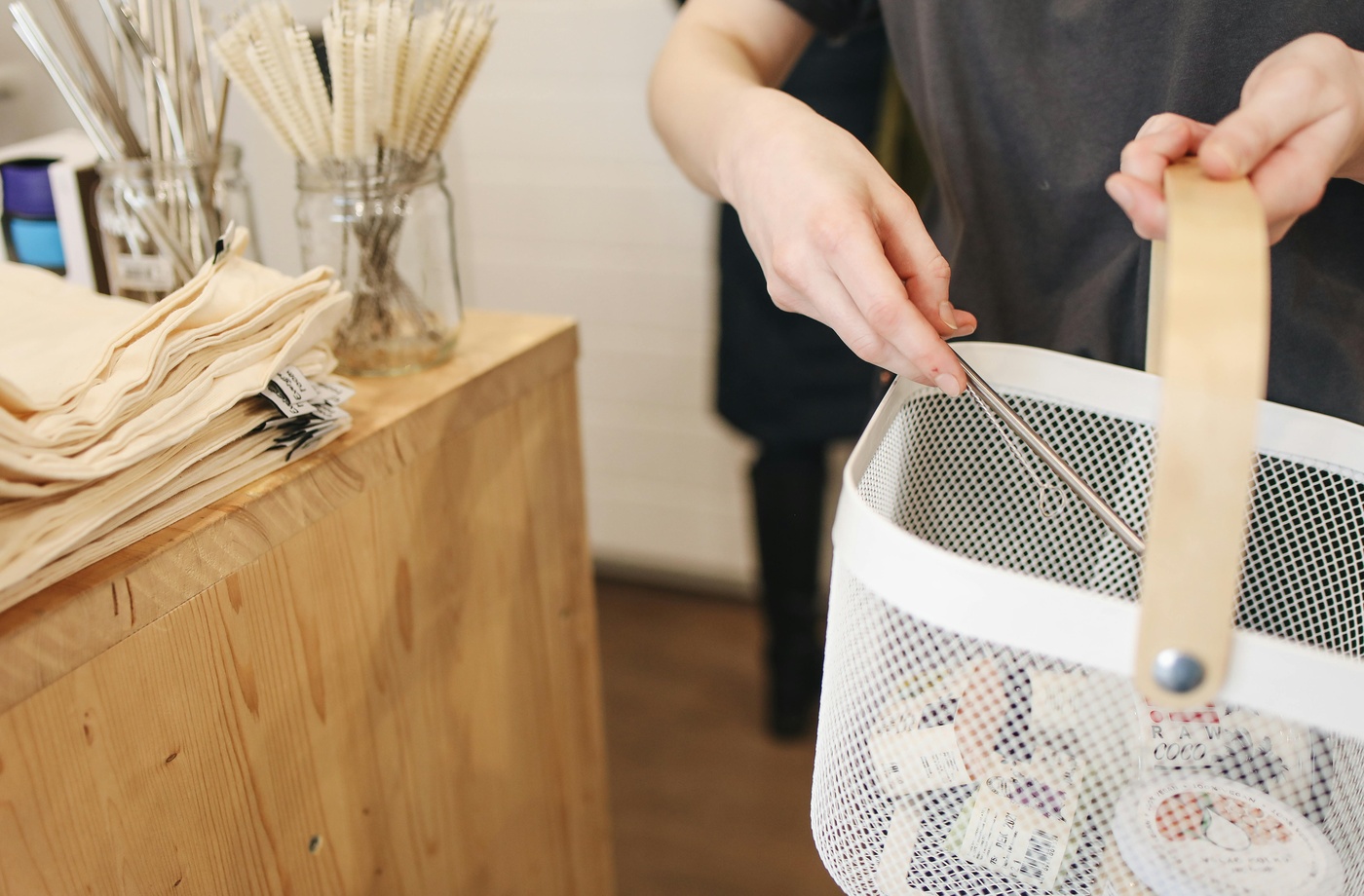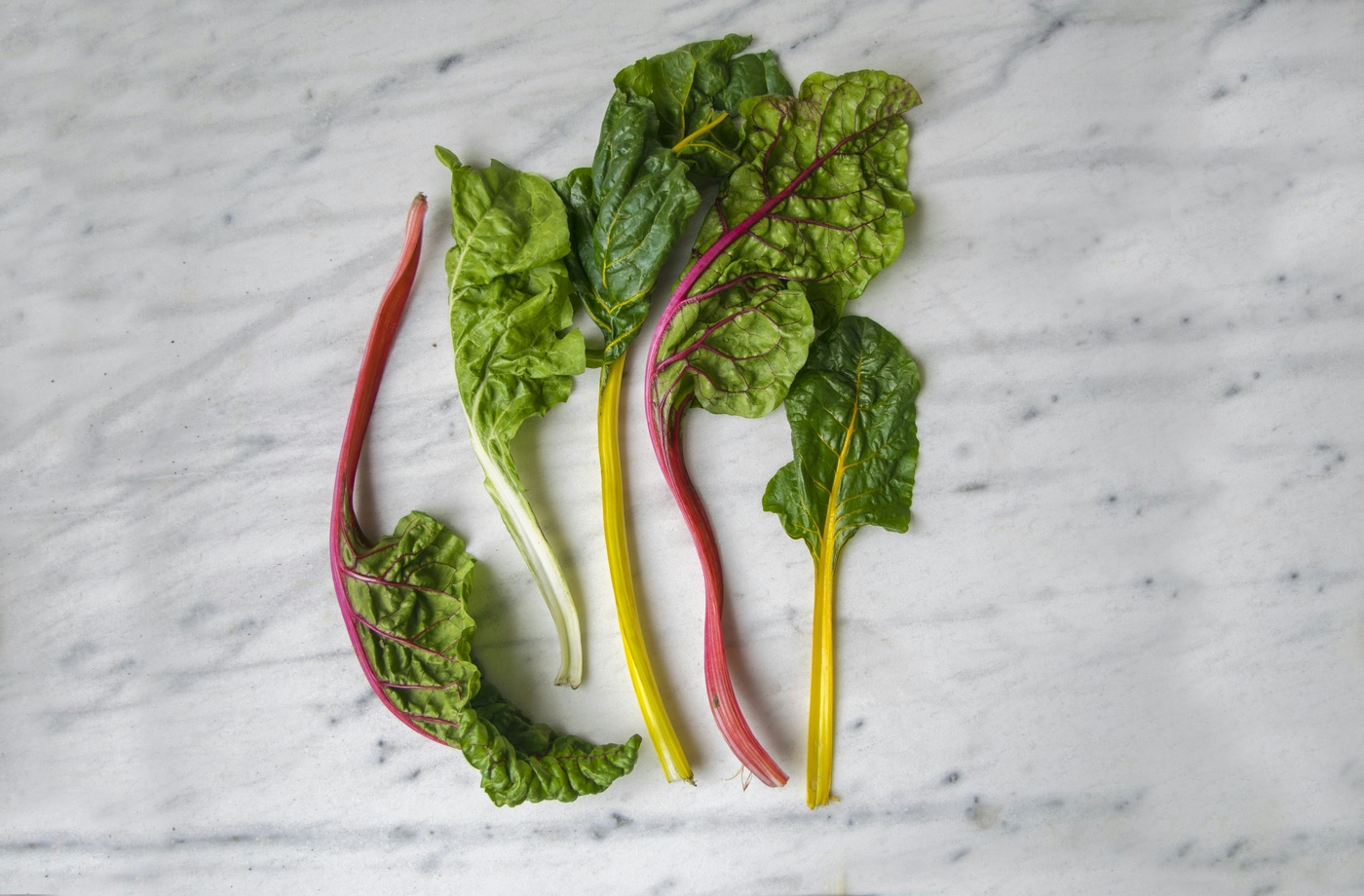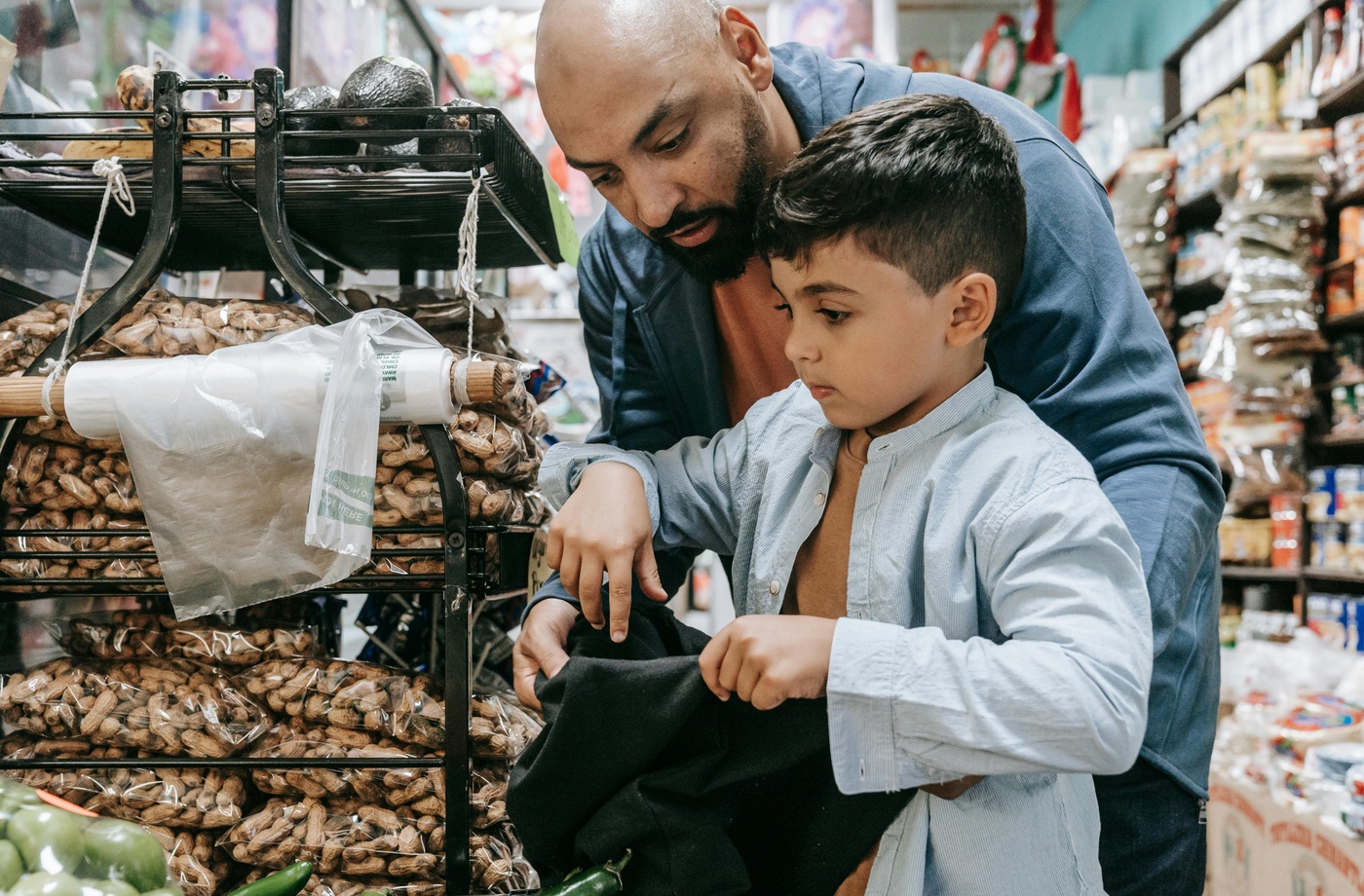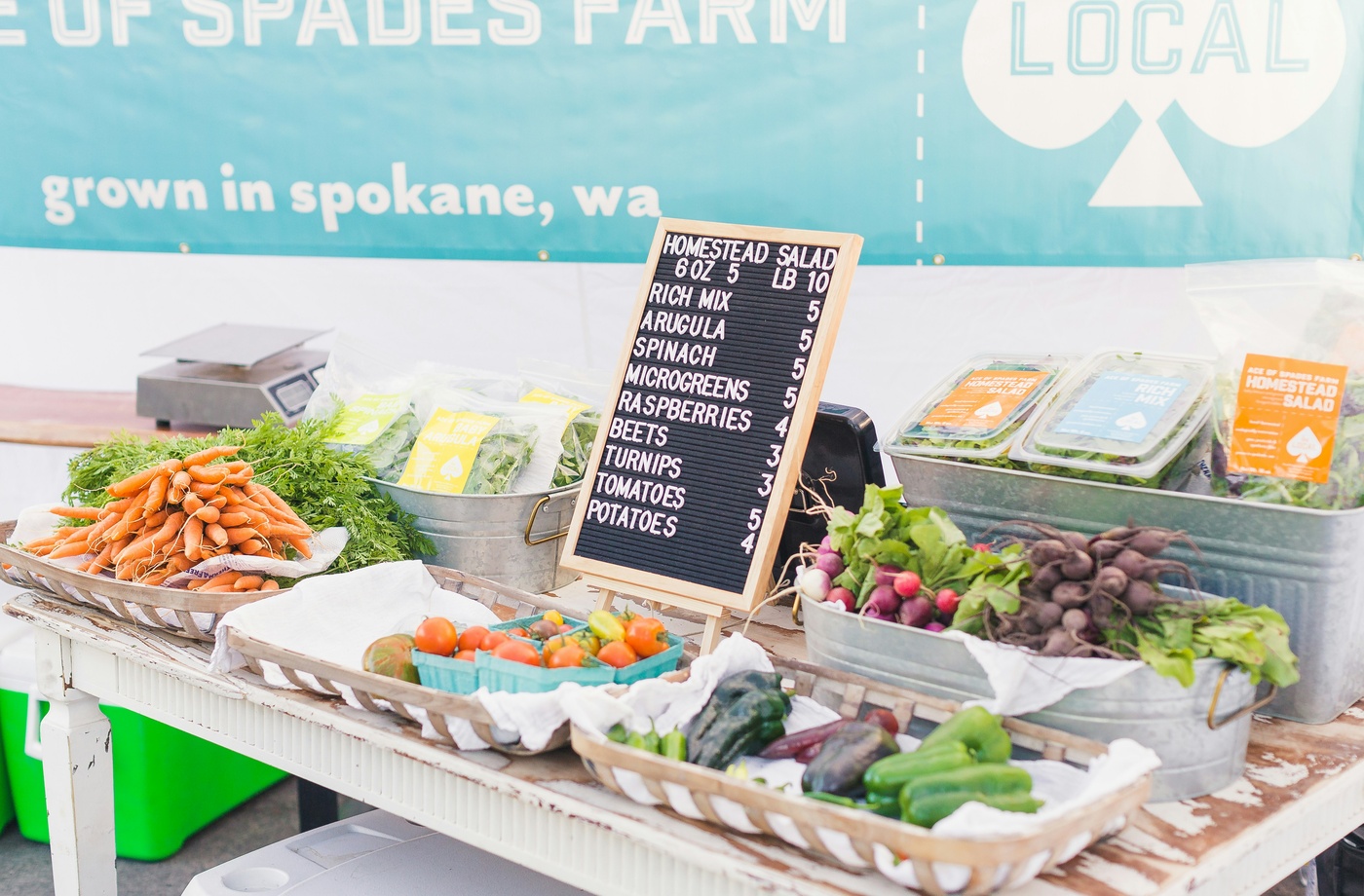Grocery shopping without plastic might seem like a challenge, but it’s more doable—and more budget-friendly—than many shoppers realize. With a few smart swaps and a little planning, you can significantly cut back on single-use plastics while still saving money. Going plastic-free isn’t just good for the environment—it often leads to healthier choices and fewer impulse buys.
Why Go Plastic-Free?
Plastic packaging contributes to landfill waste, pollutes waterways, and can leach harmful chemicals into food. According to the Environmental Protection Agency (EPA), the U.S. generated over 35 million tons of plastic in municipal solid waste in 2018, with packaging making up a significant portion. Cutting back starts with everyday decisions at the grocery store.
Plastic-Free Shopping Strategies
- Bring Your Own Bags
Reusable bags aren’t just for carrying groceries—they’re also great for produce, bulk items, and baked goods. Invest in:
- Canvas or cotton totes
- Mesh produce bags
- Reusable silicone or cloth bulk bags
Many stores, like Whole Foods Market, offer incentives for using your own bags.
- Shop the Bulk Section
Buying grains, nuts, dried fruit, and beans from bulk bins lets you skip plastic packaging and often save money. Bring your own containers and have them weighed before filling.
Find zero-waste store locators via Litterless.
- Choose Loose Produce
Skip pre-bagged apples, potatoes, or oranges and opt for loose items. They’re often cheaper per pound and have less environmental impact.
- Avoid Prepackaged Meats and Cheeses
When possible, buy from the deli or butcher counter. Bring your own containers if your store allows it, or ask for items to be wrapped in paper instead of plastic.
- Buy in Glass, Metal, or Paper
Choose products packaged in recyclable or compostable materials. For example, tomato sauce in glass jars or oatmeal in cardboard canisters.
- Make Simple DIY Swaps
Instead of plastic-wrapped snacks or meals, make your own granola bars, trail mixes, or soups at home. It’s usually cheaper and healthier.
Cost Benefits of Plastic-Free Choices
- Bulk items often cost less per ounce than their pre-packaged counterparts.
- Buying only what you need helps reduce food waste.
- Reusable containers and bags pay for themselves over time by eliminating the need for single-use alternatives.
Stores That Support Plastic-Free Shopping
- Trader Joe’s has committed to reducing plastic packaging across its product lines.
- Whole Foods Market eliminated plastic straws and offers many bulk and low-waste options.
- Natural Grocers and local food co-ops often lead the way in sustainable packaging.
Final Tip: Shop Local Farmers Markets
Farmers markets are excellent places to find unpackaged produce, baked goods, and handmade pantry staples. Many vendors welcome reusable bags and containers. Find one near you via LocalHarvest.
Final Thought
Going plastic-free at the grocery store doesn’t require perfection—just progress. Each reusable bag, each bulk bin purchase, and each unpackaged veggie helps reduce waste and align your grocery habits with a more sustainable future. With smart shopping, you’ll save money while supporting a healthier planet.



